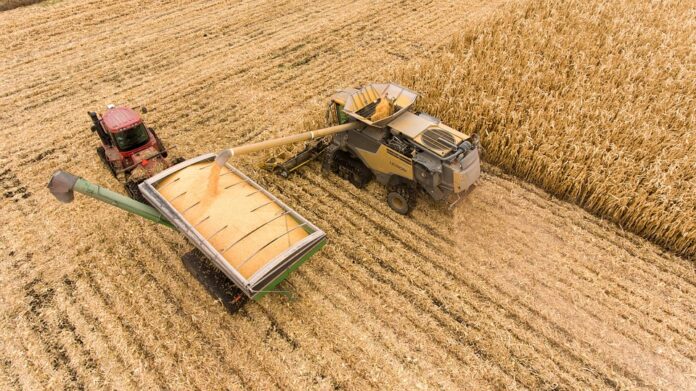Introduction
Low volume and ultra low volume (LV/ULV) sprayers are essential tools in sustainable agriculture, pest control, and public health applications. These sprayers are designed to efficiently deliver pesticides, herbicides, disinfectants, and other chemicals in smaller quantities, reducing waste and environmental impact. In this report, we will explore the benefits, applications, and market trends of LV/ULV sprayers, as well as key players in the industry.
Benefits of LV/ULV Sprayers
LV/ULV sprayers offer several advantages over traditional high-volume sprayers. One of the main benefits is their ability to achieve greater coverage with less chemical input. LV sprayers typically use 5-20 gallons per acre, while ULV sprayers can operate with as little as 1-2 gallons per acre. This results in significant cost savings for farmers and reduces the risk of chemical runoff into water sources.
Environmental Impact
By using smaller volumes of chemicals, LV/ULV sprayers help minimize the environmental impact of agricultural practices. They reduce the amount of pesticides and herbicides released into the environment, lowering the risk of contamination and harm to non-target organisms. This aligns with the growing demand for sustainable farming methods and environmentally-friendly pest control solutions.
Precision Application
LV/ULV sprayers are also known for their precision application capabilities. They can deliver chemicals more accurately and evenly, ensuring better coverage and effectiveness. This targeted approach reduces the risk of over-application, which can lead to resistance in pests and weeds. As a result, farmers can achieve better control over crop diseases and pest infestations.
Applications of LV/ULV Sprayers
LV/ULV sprayers are used in a wide range of industries and applications. In agriculture, they are commonly employed for crop protection, weed control, and fertilization. These sprayers are also used in public health programs to control vector-borne diseases like malaria and Zika virus. Additionally, LV/ULV sprayers are utilized in forestry, landscaping, and industrial settings for various pest management tasks.
Agricultural Sector
In the agricultural sector, LV/ULV sprayers play a crucial role in modern farming practices. They help farmers achieve higher crop yields by effectively managing pests, diseases, and weeds. With the rise of precision agriculture and sustainable farming methods, the demand for LV/ULV sprayers is expected to increase in the coming years.
Public Health
LV/ULV sprayers are widely used in public health programs to control the spread of vector-borne diseases. These sprayers can efficiently disperse insecticides in urban areas to combat mosquitoes and other disease-carrying pests. By targeting specific breeding sites and high-risk areas, LV/ULV sprayers help reduce the incidence of diseases like dengue fever and West Nile virus.
Market Trends and Key Players
The global market for LV/ULV sprayers is experiencing steady growth, driven by increasing awareness of sustainable practices and the need for efficient pest control solutions. According to a report by Market Research Future, the market is projected to reach a value of $1.2 billion by 2025, with a compound annual growth rate of 5.7%.
Key Players in the Industry
Several companies are leading the development and production of LV/ULV sprayers for sustainable applications. Some of the key players in the industry include John Deere, AGCO Corporation, CNH Industrial, and Exel Industries. These companies offer a wide range of LV/ULV sprayers with advanced features like GPS guidance, variable rate technology, and remote monitoring capabilities.
Technological Advancements
Technological advancements are driving innovation in LV/ULV sprayers, making them more efficient and user-friendly. New features like automatic nozzle control, section control, and data management systems are enhancing the precision and effectiveness of these sprayers. With the integration of IoT and AI technologies, LV/ULV sprayers are becoming smarter and more adaptive to specific crop and pest conditions.
Conclusion
Low volume and ultra low volume sprayers are essential tools for sustainable agriculture, pest control, and public health applications. These sprayers offer numerous benefits, including reduced environmental impact, precision application, and cost savings. With the market for LV/ULV sprayers on the rise, key players in the industry are investing in technological advancements to meet the growing demand for efficient and sustainable spraying solutions. As the push for sustainable farming practices continues, LV/ULV sprayers will play a crucial role in supporting eco-friendly and effective pest management strategies.


